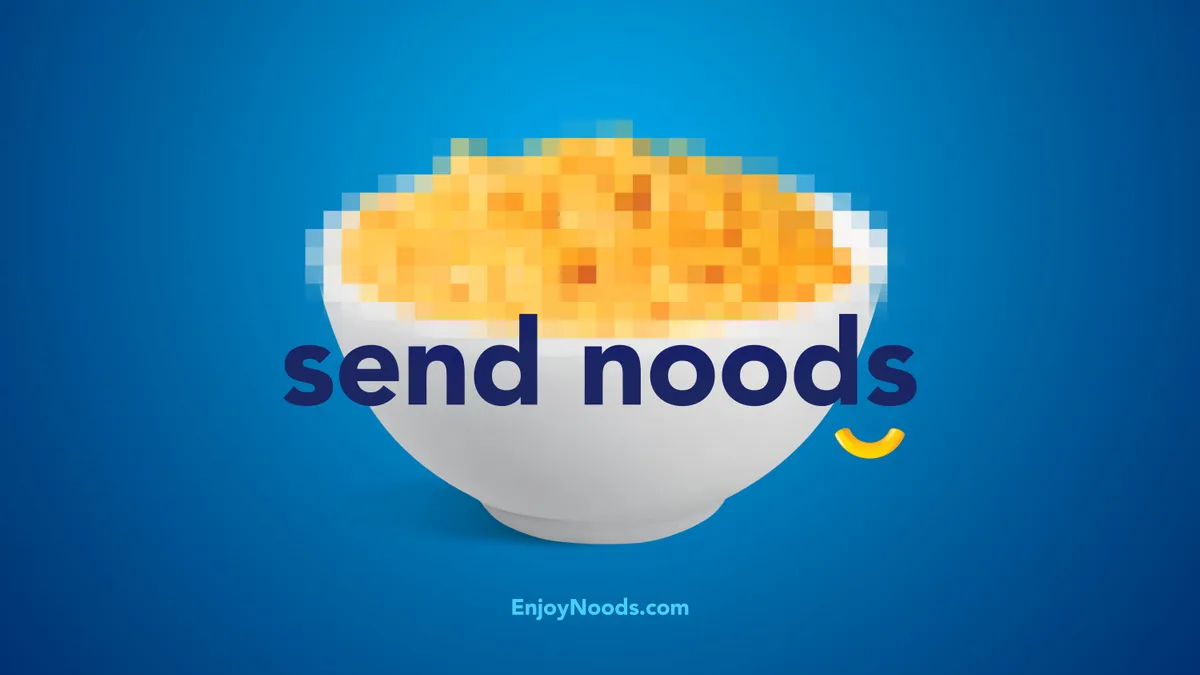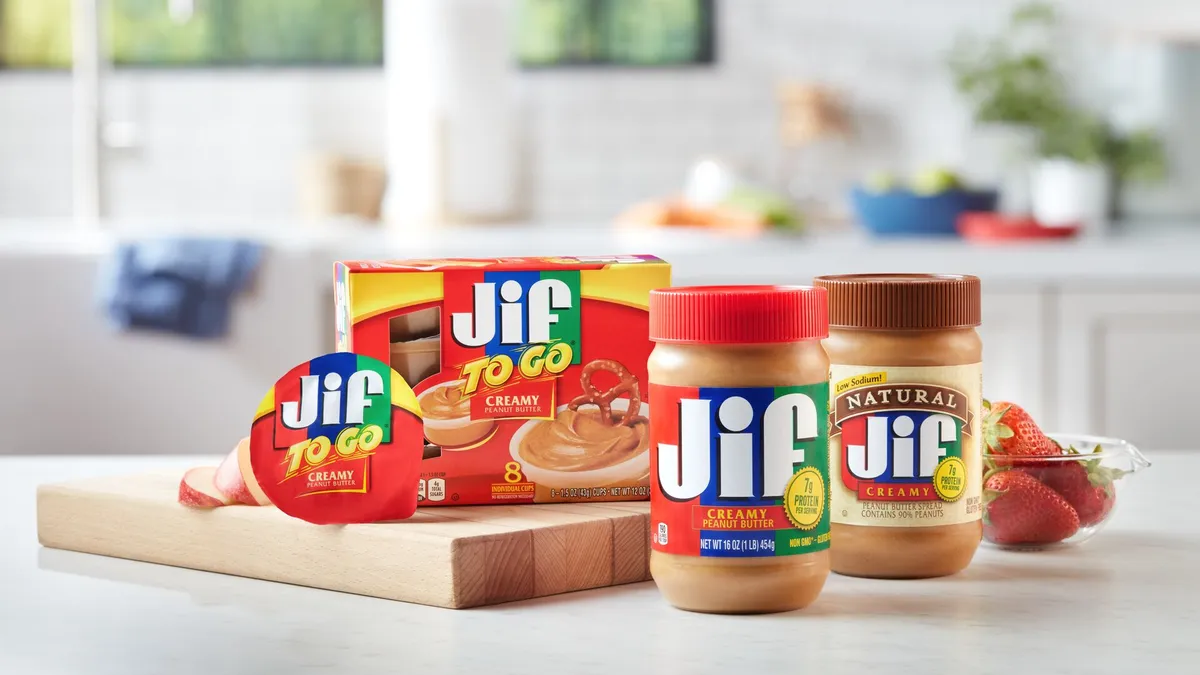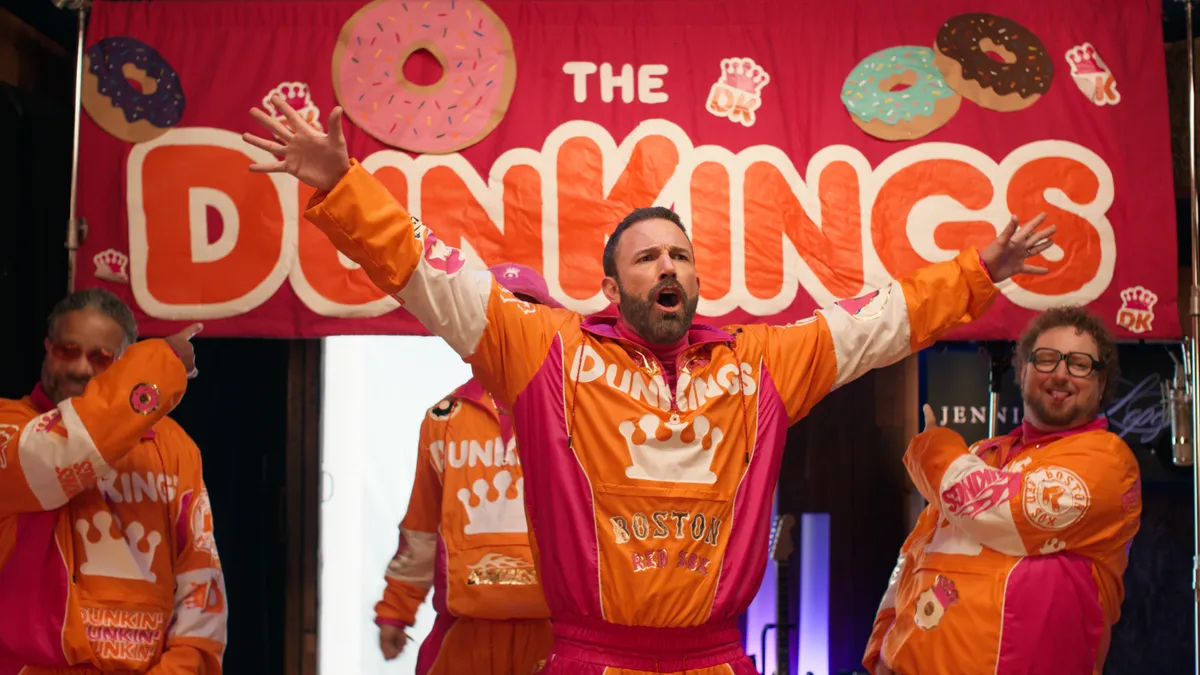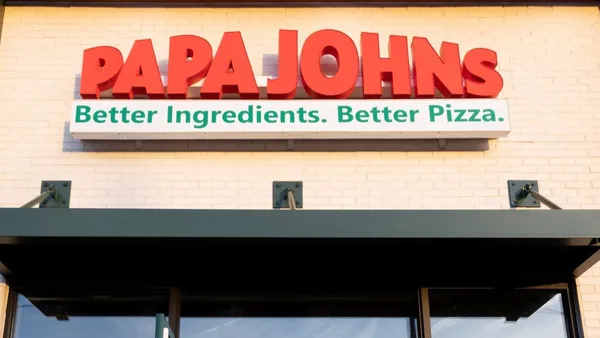UPDATE: Oct. 14, 2020: Kraft scrubbed ads from a sexually suggestive #SendNoods campaign off the internet following intense social media backlash. In a statement posted to Instagram Stories Monday, which has since disappeared but was screengrabbed by Adweek, the brand wrote, "We sincerely appreciate and hear all of your feedback. The content will be removed from our channels." Assets from the promotion, including a spot starring Vanessa Bayer, have been deleted.
While some backlash came from average moms concerned around sexual content appearing near children online, QAnon conspiracy theorists also quickly latched onto the outcry, tying it into their mass delusion around a deep state child-trafficking ring, BuzzFeed News reported. Kraft said that the campaign, which launched around National Noodle Day and was developed with the agency Mischief, was supposed to end Sunday in any case.
Dive Brief:
- Kraft Mac & Cheese is letting consumers send their friends and families boxes of its product in a sexually suggestive campaign that looks to provide comfort during the coronavirus pandemic, according to a news release.
- Through Oct. 11, users can visit enjoynoods.com or respond to Kraft's official page on Twitter to complete an order form that will "send noods" — either a box of mac and cheese or a coupon to redeem the item at grocery stores — to someone they care about. The first 7,000 respondents who use the #SendNoods and #Giveaway hashtags will be able to participate while supplies last.
- A digital spot supporting the promotion features actor and comedian Vanessa Bayer as she struggles to clarify that participants should send noodles, not nude pictures. The provocative marketing play falls in line with recent Kraft efforts and could help sustain a sales boost the brand has received during the pandemic.
Dive Insight:
Kraft continues to deploy eyebrow-raising marketing to draw consumer interest during the COVID-19 health crisis, which has jump started sales for the food brand.
Its latest campaign, timed around National Noodle Day on Oct. 6, explicitly riffs on the idea of sending nude pictures, a form of intimacy that's grown popular in the smartphone age — and seen a spike in activity as people remain physically distanced. Promotional materials include images of a bowl of mac and cheese that's been blurred as though it's a naked person, as well as the humorous spot starring Bayer, a "Saturday Night Live" alum.
Other companies have run similar activations in past years. For National Noodle Day in 2018, Nissin Foods' Cup Noodles and Top Ramen cup of noodles brands launched an e-commerce site with limited-edition merchandise featuring the same playful "send noods" pun.
But Kraft is looking to seize on trends particular to the pandemic, namely the pantry-loading of comfort foods. As many consumers remain homebound amid fears of another wave of novel coronavirus infections this winter, other marketers have looked to provide care package-type services that might brighten someone's day. Taco Bell last week debuted an e-gifting function on its app and website that allows users to ship people tacos with personalized messages.
In other ways, the #SendNoods push aligns with Kraft's broader positioning around edgy humor. In February, just weeks before the coronavirus shut down the U.S., the brand ran a Valentine's Day campaign that centered around getting kids to bed early so parents can have more time to "get it on."
Social media has also become more central to Kraft's outreach strategy, and lands again in the spotlight with #SendNoods. Other socially led campaigns include a bid by the mac and cheese maker to position its product as a pandemic breakfast food and a giveaway of pumpkin spice-flavored variants of its noodles for the fall season.
Parent company Kraft Heinz is ramping up marketing through 2020 as it looks to sustain a momentum in sales and new customer acquisition that proved elusive prior to the pandemic. The marketer saw comp sales rise 7.4% in the second quarter and plans to increase its working media dollars by as much as 40% in the year's second half, executives previously told analysts.













